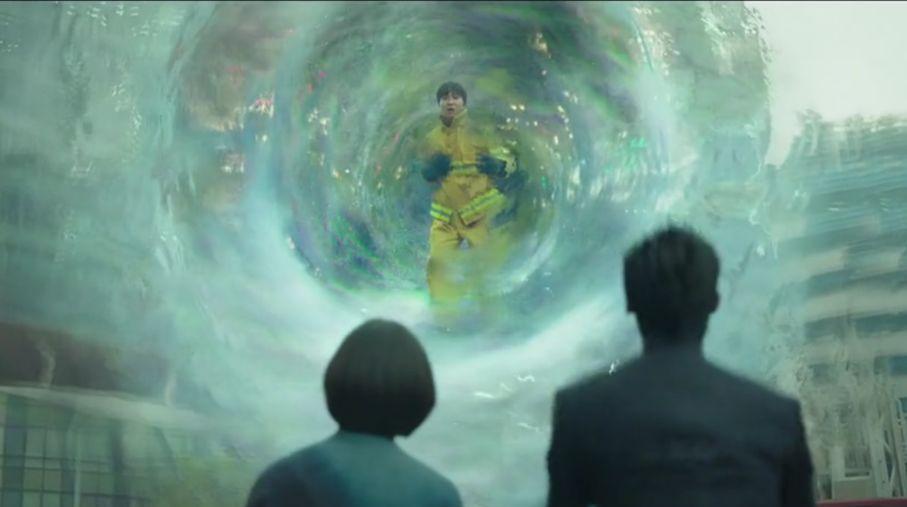
I heard that after death, people must go through seven layers of hell and layer by layer, go through seven trials, survive seven or seven calamities, and encounter all the innocent judges of the God of Death, large and small, in order to exceed the limit. When the past, like a slide, look back on your own life. There is nothing
He who sins, but what is sin in this world?
But the male protagonist (the firefighter who saved countless people) came to the first floor to be judged, because in the face of the fire and the hazard, he chose to save the injured first, and after saving the eight wounded, he rushed back to save the comrades who were crushed by the stone slab, but the comrades died in time because of the rescue, and the male protagonist also died heroically because he fell from the sky when he rescued a wounded person. So when King Bian Cheng (the judge of hell on the first level) asked him why he abandoned his comrades-in-arms, he didn't want to speak because of guilt, and if it wasn't for the death messenger opening the artifact to show the dangerous situation and various reasons at that time, the male protagonist almost fell into the sea of fire (the person who killed people will fall into the sea of fire in the first screening in hell after death, and will never be reborn.)
But this kind of abandonment of the small self to save the big me really happened around us, through the film, the kind of powerlessness of the loss of comrades-in-arms, the kind of heroism of completely sacrificing oneself are all portrayed one by one, where is this sin, and why should it be judged, the safety of the world, is because someone is carrying a heavy load forward.